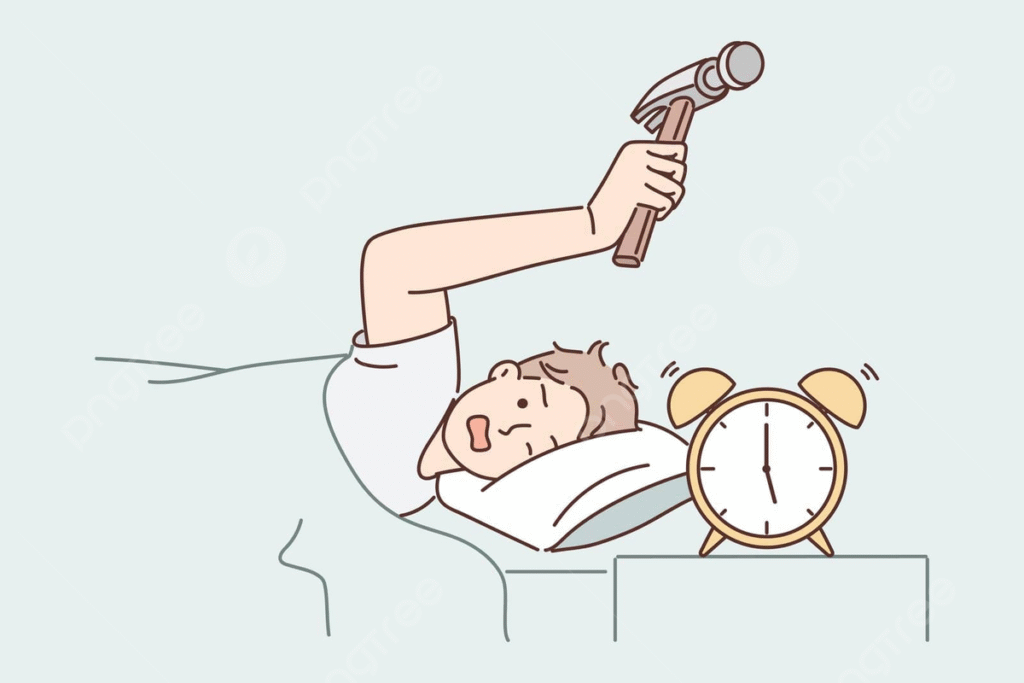The Connection Between Sleep and Emotional Regulation — REM Reward


Sleep deprivation doesn’t simply uninteresting your senses; it amplifies emotional reactions. In a single examine, sleep-deprived contributors confirmed a 60% enhance in amygdala exercise in response to adverse stimuli in comparison with well-rested people (Yoo et al., 2007). This hyper-reactivity explains why minor stressors really feel catastrophic after a poor night time’s sleep.
Nevertheless it’s not simply adverse feelings which are affected. Sleep deprivation additionally dulls our means to expertise optimistic feelings. Referred to as “emotional blunting,” this phenomenon diminishes our capability to really feel pleasure, pleasure, or gratitude, making a skewed emotional panorama dominated by negativity.
Sleep doesn’t simply regulate our private feelings; it additionally impacts how we join with others. Empathy, the flexibility to grasp and share the emotions of one other, is considerably influenced by sleep. A groundbreaking examine discovered that sleep-deprived people had been 50% much less probably to assist somebody in want, as measured by mind scans exhibiting decreased exercise within the anterior insula, a area linked to empathy and compassion (Simon et al., 2018).
This lack of empathy can pressure relationships, as sleep-deprived people are much less prone to decide up on delicate social cues or reply appropriately to others’ feelings. It additionally impacts office dynamics, decreasing collaboration and rising battle.
Why can we dream? One compelling principle means that desires, significantly throughout REM sleep, act as a type of emotional remedy. Goals assist us revisit and reprocess emotional experiences, stripping them of their depth. This course of permits us to get up with a clearer perspective and fewer emotional cost surrounding anxious occasions.
Apparently, the content material of desires typically displays unresolved emotional conflicts. Nightmares, for instance, are an indication that the mind is struggling to combine and course of tough feelings. Analysis has proven that folks with post-traumatic stress dysfunction (PTSD), who typically expertise disrupted REM sleep, are much less in a position to regulate feelings as a result of lack of this nightly processing (van der Helm et al., 2011).
Sleep’s function in emotional regulation evolves over a lifetime. For adolescents, who’re biologically wired to go to sleep and get up later, early faculty begin occasions disrupt pure sleep cycles and contribute to temper issues like nervousness and melancholy. In adults, continual sleep deprivation is linked to burnout, emotional exhaustion, and an elevated danger of psychological well being issues.
For older adults, sleep patterns change but once more, with lighter and extra fragmented sleep changing into the norm. This will impair emotional resilience, making older people extra weak to emphasize and social isolation. Nevertheless, interventions like Cognitive Behavioral Remedy for Insomnia (CBT-I) have proven promise in serving to individuals of all ages enhance sleep and, by extension, emotional well being.
The connection between sleep and feelings doesn’t exist in isolation. Poor sleep exacerbates situations like nervousness and melancholy, making a vicious cycle: emotional misery disrupts sleep, which in flip amplifies emotional instability. Sleep deprivation has additionally been linked to impaired emotion regulation in consuming behaviors, contributing to situations like binge consuming or emotional overeating (Watson et al., 2014).
Furthermore, continual sleep deprivation will increase the chance of bodily well being issues, similar to heart problems and weakened immune perform, which may additional pressure emotional well-being.




